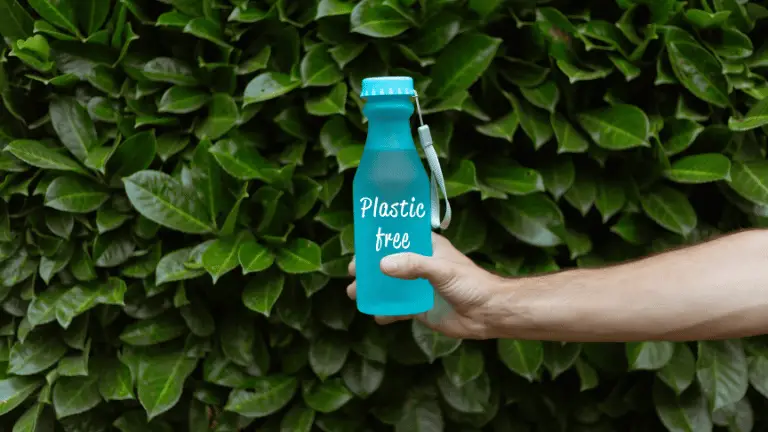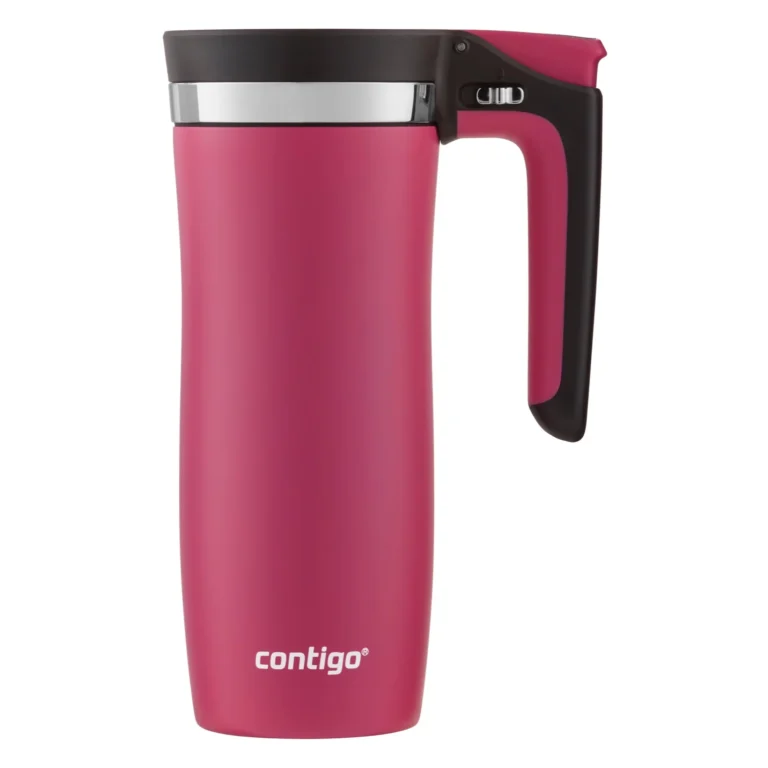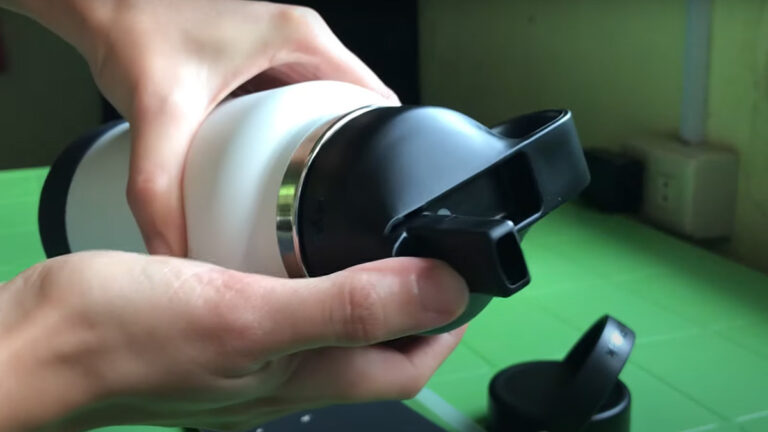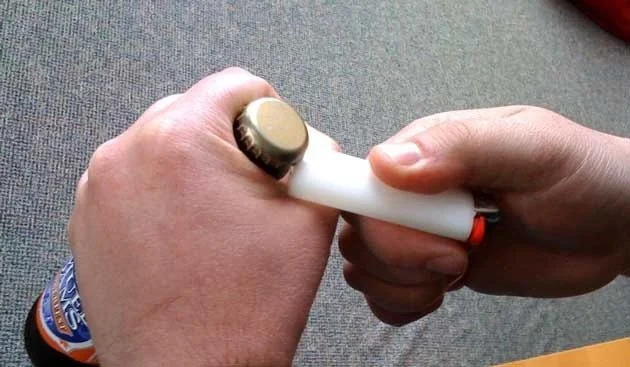Every day we use water for many reasons and in many ways. But did we think about “Is Bottled Water Bad for Your Teeth?” Actually, we use bottled water regularly for known cleanliness and safety. Naturally, water with great filtering is good.
But putting it in a plastic bottle for a long time is not Ideal for drinking water. Also for our health. In this article, we try to find out that is drinking bottled water Bad for your teeth or not:
Generally, Bottled water has become a staple in many households. But is it really doing your teeth any favors? The primary benefit of bottled water for oral health is that some brands contain added fluoride, which helps strengthen tooth enamel and prevent cavities.
However, recent studies suggest that regularly drinking from plastic bottles may increase your risk of developing dental issues such as stained teeth and weakened enamel. That’s why we need to know something better about buying or drinking bottled water.
There is a lot to consider when you’re deciding whether or not bottled water is bad for your teeth. Let’s see with details information:
Fluoride in Bottled Water Goods for Teeth
While there are certain bottled waters that contain fluoride. Most brands don’t and this can have an impact on oral health. You need to check the bottle label to confirm whether fluoride was used in it or not. At this moment the question may arise, Can Bottled Water Cause Cavities? Actually, we already discussed that if bottled water has no fluoride, That’s can be the cause of cavities.
By the way, Fluoride helps prevent cavities by strengthening tooth enamel and fighting off bacteria in the mouth. Without it, your teeth are more vulnerable to decay and cavities.
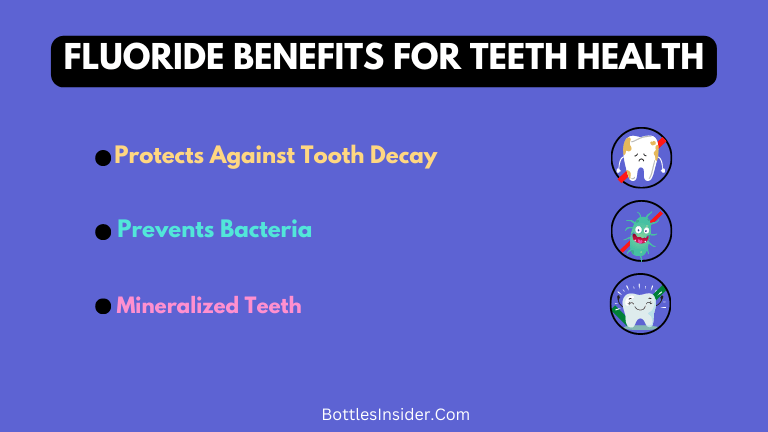
While tap water typically does have fluoride added to it, this isn’t always the case with bottled water due to differences in regulations from state to state.
High Bacteria Levels Are a Risk for Tooth Decay
Recent studies have suggested that bacteria levels in some brands of bottled water are higher than expected. That can cause some unexpected diseases.
Research has revealed that bacteria such as Pseudomonas aeruginosa, Staphylococcus aureus, and Escherichia coli have been found in popular brands of bottled water. These bacteria can cause a range of illnesses from gastrointestinal problems to skin infections. What’s worse is that these same types of bacteria are known to increase the risk of tooth decay if left untreated.
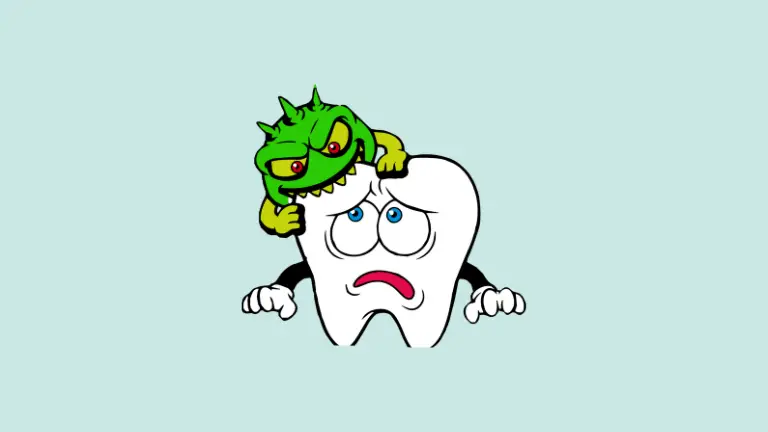
Similarly, Microbiologist Dr. Sonish Azam, of Ccrest Laboratories, said bottled water did not live up to its claims of purity.
She said: “Heterotrophic bacteria counts in some of the bottles were found to be in revolting figures of one hundred times more than the permitted limit.”
Also Said: “But the high levels of bacteria in bottled water could pose a risk for vulnerable populations such as pregnant women, infants, immunocompromised patients, and the elderly,” According to Telegraph.co.uk news.
After that, We see that more than the limit of bacteria in bottled water can cause many diseases and tooth decay. So try to Avoid bottled water to buying for drinking which crosses the limit of bacteria levels.
The normal bacteria levels in bottled water are:
World Health Organization (WHO) recommends that potable water should have below 20 CFU/mL heterotrophic bacterial counts with no coliform bacteria, fecal coliforms, E. coli, enterococci, and P. aeruginosa (Khatoon and Pirzada, 2010).
Sugar Levels in Bottled Water
Sugar levels in bottled water, although seemingly harmless. But, sometimes, healthy for many people’s diets. It depends on the use of bottled water. By the way, Many people choose bottled water over sugary sodas and juices as an alternative beverage option without considering its impact on tooth decay.
According to recent research, there is a hidden surprise lurking inside some popular bottled water brands, That could potentially risk your oral health.
When it comes to dental health, it is important to know what ingredients are present in any food, water, or beverage you consume. Some brands of bottled waters contain added sugars such as sucrose and glucose which can increase the risk of cavities and enamel erosion.
The American Dental Association recommends limiting sugar intake from all sources including beverages, so consumers should read labels carefully before purchasing any type of beverage for consumption.
The pH Ranges Affect Oral Health
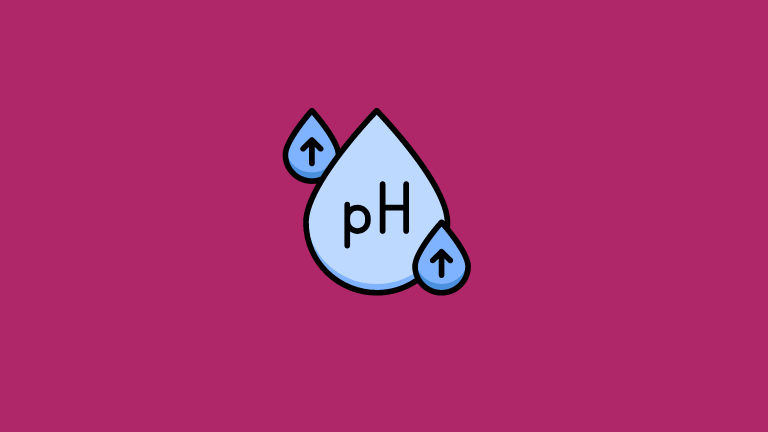
The pH level of bottled water can have a major impact on oral health, so it’s important to understand what you’re drinking before you buy it. Generally, the pH level in bottled water ranges from 4 to 8 on average.
This means that some brands are highly acidic, which can cause tooth enamel erosion over time if consumed frequently. For more information, see the bottled water pH:
| PRODUCT | Acid levels (+ or – 10%) Low = BAD 7.0 = neutral Over 7.0= Good |
| Alkalized Ionized water | 9.5 to 11.5 |
| Tap Water | 7.00 (neutral) |
| Penta Water | 4.0 |
| Distilled Water | 4.0 |
| Purified Water | 4.0 |
| Aquafina (made by Pepsi) | 4.0 |
| Dasani (made by Coke) | 4.0 |
| Glaceau Fruit Water | 4.0 |
| Le Blue Water | 4.0 |
| Metro Mint Water | 4.0 |
| Pellegrino | 4.0 |
| Perrier | 4.0 |
| Smart Water | 4.0 |
| Vitamin Water | 4.0 |
| Reverse Osmosis Water and Purified water | 4.5 – 6.0 (depending on the source) |
| Ice Age Glacial Water | 4.5 |
| Apalachian Springs Water | 5.0 |
| Poland Springs Water | 5.0 |
| Pure American Water | 5.5 |
| Dannon Spring Water | 5.5 |
| Arrowhead Water | 7.0 |
| Crystal Geyser Water | 7.0 |
| Deer Park Water | 7.0 |
| Eldorado Springs Water | 7.0 |
| Supermarket Springs Water | 7.0 |
| Biota Water | 7.5 |
| Fiji Water | 7.5 |
| Whole Foods 365 | 7.5 |
| Zephyrhills Water | 7.5 |
| Eden Springs Water | 7.9 |
| Deep Rock Water | 8.0 |
| Evamore Water | 8.0 |
| Alkalized Ionized Water | 9.5 to 11.2 |
Water with a lower pH is more likely to affect oral health than higher pH levels since neutral or basic waters don’t contain enough acidity to damage tooth enamel.
It’s also important to note that even when drinking neutral or basic bottled waters, regular brushing and flossing are necessary for maintaining healthy teeth and gums.
Effect of Plastics: Chemical Exposure

Plastic has become a part of our everyday lives. From food packaging to water bottles, plastic is ubiquitous. But is the prevalence of plastic causing chemical exposure to our teeth? Recent research suggests that bottled water can be bad for your teeth due to possible chemical contamination.
In General, The presence of chemicals in bottled water has been linked to a variety of health concerns. Including increased risk for tooth decay and gum disease. The plastics used to make the bottle itself can leach toxins into the water which then ends up on your teeth when you drink it.
These toxins, such as bisphenol-A (BPA) and phthalates, are known endocrine disruptors and may increase the risk of dental issues like cavities and decay if consumed over long periods of time.
So, long-term bottled water is with water is bad for your teeth. Try to drink water as much as the latest income bottled water.
Alternatives: Healthier Options
Actually, water is a very important part of our life. That’s why we buy bottled water many times in many places. We can’t leave it directly or significantly. But, conscious people always try to better ways for health concerns.
For Instance, We could avoid bottled water by using tap water. But, tap water can’t find anywhere in any place. On the other hand, If you can check the label of bottled water, you can at least take the low-damage bottled water.
To check it, you must see these things:
- pH Value
- Sugar level
- And Fluoride
In this details article, you will find all the information in detail. So try to read carefully to never miss any point. Also, include references as much as possible.
References:
- https://www.ncbi.nlm.nih.gov/books/NBK8259/#:~:text=Streptococcus%20mutans%20is%20the%20main,with%20progression%20of%20the%20lesion.
- https://www.telegraph.co.uk/news/health/news/7763038/Bottled-water-contains-more-bacteria-than-tap-water.html#:~:text=Bottled%20water%20contains%20more%20bacteria%20than%20tapwater%2C%20with%20some%20brands,limits%2C%20according%20to%20new%20research.
- https://mcleandentistry.com/storage/app/media/_docs/ph-of-popular-bottle-water.pdf

